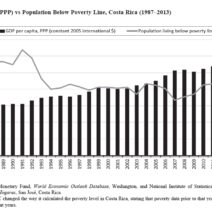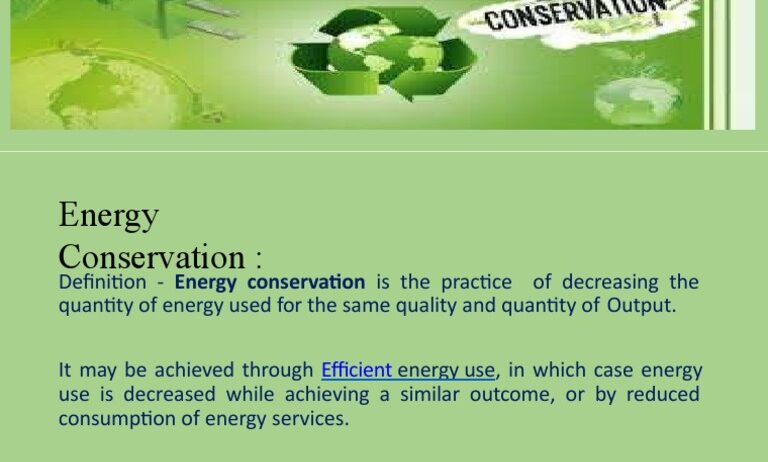Energy conservation is not merely a trend; it is fast becoming a cornerstone of modern industry. As global awareness around climate change and resource depletion heightens, the need for effective energy management has transitioned from a niche concern to a mainstream necessity. The intricacies of this conversion are reflective of an emerging industry that seeks innovative methodologies to streamline energy usage across various sectors.
The burgeoning market for energy conservation encompasses several key areas, each presenting unique opportunities and challenges. One of the most significant segments is the development of energy-efficient technologies. Innovations in lighting, such as LED fixtures, and smart appliances not only reduce power consumption but also operate more effectively within industrial settings. This paradigm shift is pivotal, facilitating enterprises to adhere to stricter regulations while remaining competitive.
Moreover, advancements in building design and renovation showcase another dimension of the energy conservation industry. Techniques such as passive solar design or the integration of renewable energy systems like photovoltaic installations highlight a growing trend. These methodologies are not merely aesthetic enhancements; they incorporate sustainability at their core, thereby extending the utility and economic viability of existing structures.
Furthermore, the implementation of energy management systems (EMS) equips organizations with the requisite tools to analyze and optimize their energy consumption. These platforms aggregate data from myriad sources, allowing companies to identify inefficiencies and enact informed strategies for improvement. Enhancing operational efficiency thus transmutes into both environmental and financial sustainability, cultivating an industry rooted in comprehensive analysis and adjustments.
In addition to technology and design, energy conservation education emerges as a vital aspect of this industry. Enterprises are increasingly fostering a culture of awareness surrounding energy use among employees. Training programs and workshops elucidate the significance of conservation practices, instilling a sense of responsibility that transcends the workplace. It is an endeavor that not only empowers individuals but fosters community engagement in broader conservation efforts.
The advent of government incentives and policies designed to bolster energy efficiency initiatives cannot be overstated. Numerous jurisdictions offer tax rebates or grants for businesses that invest in conservation technologies. This financial backing serves as a catalyst, encouraging organizations to adopt greener practices without bearing the full brunt of upfront costs. As regulations grow more stringent, compliance often necessitates not just passive adaptation but active participation in the evolving energy conservation landscape.
However, while the electric and natural gas sectors receive substantial attention, the transportation industry also plays a crucial role in the energy conservation narrative. The shift towards electric and hybrid vehicles reflects a larger movement aimed at minimizing fossil fuel dependence. With the proliferation of charging infrastructure and advancements in battery technology, electric vehicles (EVs) epitomize a sustainable alternative, thereby rejuvenating public discourse on energy usage.
The economic ramifications of energy conservation are likewise profound. As more companies invest in energy efficiency, economic growth accompanies these efforts. Automation and sustainable practices can lead to job creation, particularly in specialized fields such as renewable energy installation and energy auditing. Moreover, these shifts specify an emergent workforce—one that is trained in cutting-edge energy practices, thus fuelling the demand for educational institutions to adapt their curricula.
Contrary to a perspective viewing energy conservation as an imposition, it increasingly represents an opportunity—a chance for innovation, efficiency, and sustainability. The ongoing metamorphosis of energy conservation as an industry is illustrative of humanity’s broader ambition: to harmonize modern convenience with environmental stewardship. Institutions that capitalize on this intersection often find themselves leading the charge into an economically viable and ecologically sound future.
The media landscape surrounding energy conservation continues to evolve as well. News articles, blogs, and podcasts proliferate, raising awareness among the general population about conservation practices and their importance. This proliferation of content caters to diverse audiences, shifting focus from niche technological discussions to broader societal implications of energy consumption. From community initiatives to global summits on climate action, the discourse surrounding energy conservation is vibrant and extensive, fostering a collective consciousness aimed at tackling climate challenges.
Ultimately, the question is not whether energy conservation is an emerging industry, but rather how it will reconfigure existing paradigms. As stakeholders from governmental bodies to private enterprises engage in this transformation, it becomes evident that energy conservation encapsulates a myriad of methodologies, technologies, and practices. By intertwining economic growth with ecological responsibility, the industry stands poised to redefine prosperity in the 21st century.
In conclusion, the ascendant nature of energy conservation denotes a burgeoning industry brimming with potential. The confluence of technology, education, policy, and community engagement heralds a future where energy efficiency is not seen as a mere option but a fundamental principle. As organizations vie for leadership in this arena, the impetus remains on all of us—to participate actively and advocate for practices that ensure sustainable progress now and into the future.








